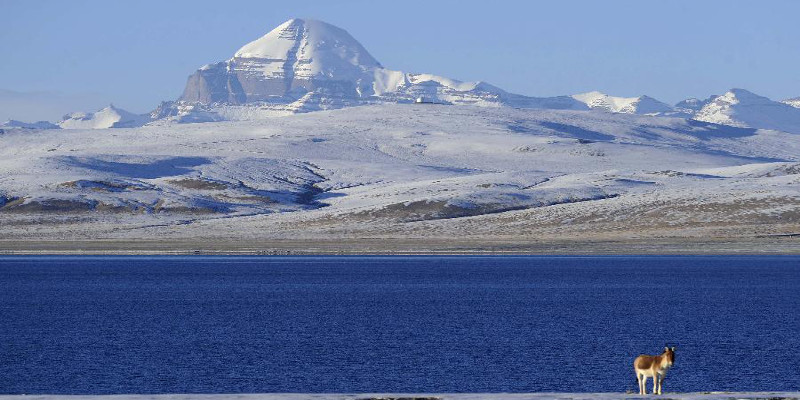Rivers have been the cradle of civilization. Indus valley civilization developed in the Indus valley and Chinese civilization developed in the fertile valley of Huang Ho. The world has witnessed many disputes related to sharing of water in recent times. Indus water sharing treaty between India and Pakistan is an apt example of that. The problem is being compounded by the climate change. Water scarcity will be a major issue by the middle of this century and Tibet’s role becomes eminent more than ever.
Tibet is the origin of 10 major rivers of South and South East Asia. These include the Indus, Sutlej, Brahmaputra, Irrawaddy, Salween and Mekong. All these rivers have their origin in the Tibetan plateau. These rivers originating in Tibet support around 2 billion people. Mao Zedong was aware of Tibet’s and by annexing Tibet Chinese will be able to exert influence over its neighbors.
Chinese plans to construct dams on many of these river has sent warning signal to the lower riparian states. The energy produced in Tibet might also be used to tap the region’s rich mineral reserves including uranium, borax, lithium, copper, zinc and iron.
The rivers like Karnali, Buri Gandak, Kali Gandak, Sun Kosi, Arun and other rivers which have their origin in Tibet flow through Nepal before meeting Ganga. These rivers contribute more than 46 percent of annual discharge annually and in the lean season it reaches to around 72 percent.
The importance of Ganga to Indian people cannot be described in a few words. Indian economy is still agrarian if one accounts the number of people indulged directly or indirectly with agriculture. Brahmaputra river system is the life line of Northeast, Assam and Bangladesh in particular
Mekong, Salween and Irrawaddy enjoy a similar position in South East Asian countries
The two main rivers of Indus river system the Indus and Sutlej have their origin in Tibet. The Indus valley treaty between India and Pakistan has stood the test of time. Pakistan without Indus and its tributaries would have been a desert. This is perhaps the reason why Pakistan has a very clear stand that India must not unilaterally cancel the Indus Treaty.
China holds the central position in this strategic area of water and food security. Had Tibet remained an independent state China would not have had this major card in its hands.
China has not been transparent on sharing the information of dams it is building in Tibet. It is also threatening the lives of Tibetan nomads who will now be forced to take to sedentary form of life as China wants them to settle in villages. Besides, the Tibetan landscape may not be able to withstand fast paced and huge constructions and that might lead to an eco-disaster.
Tibet is central to water security and food security (as most countries are agrarian economies). It is need of the time to work together and ensure Chinese co-operation in this regard so that it doesn’t get to a position where it can dictate its terms to other countries.







Leave a Reply